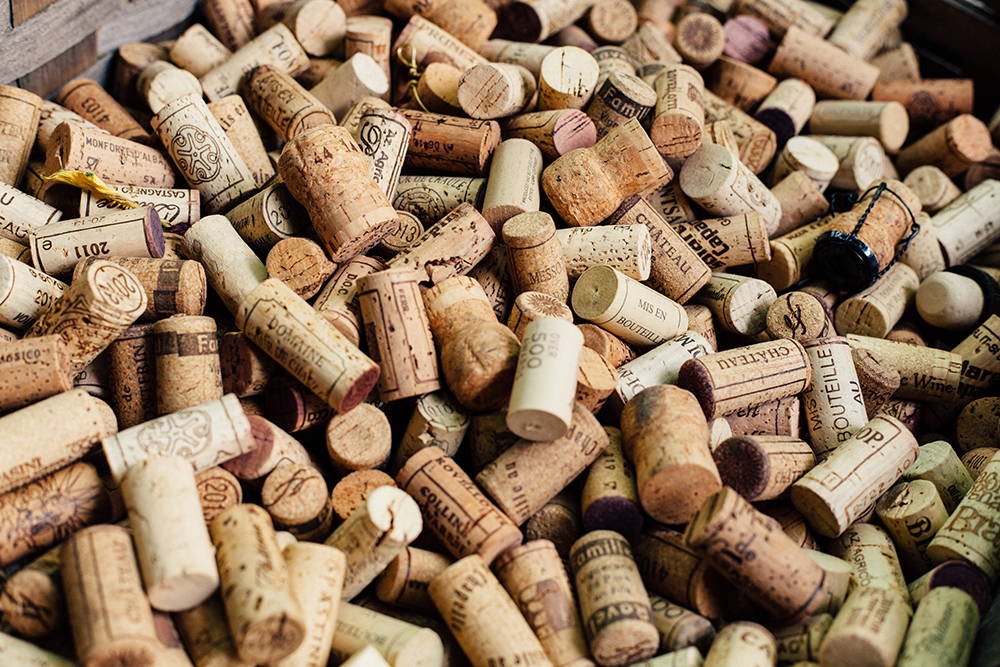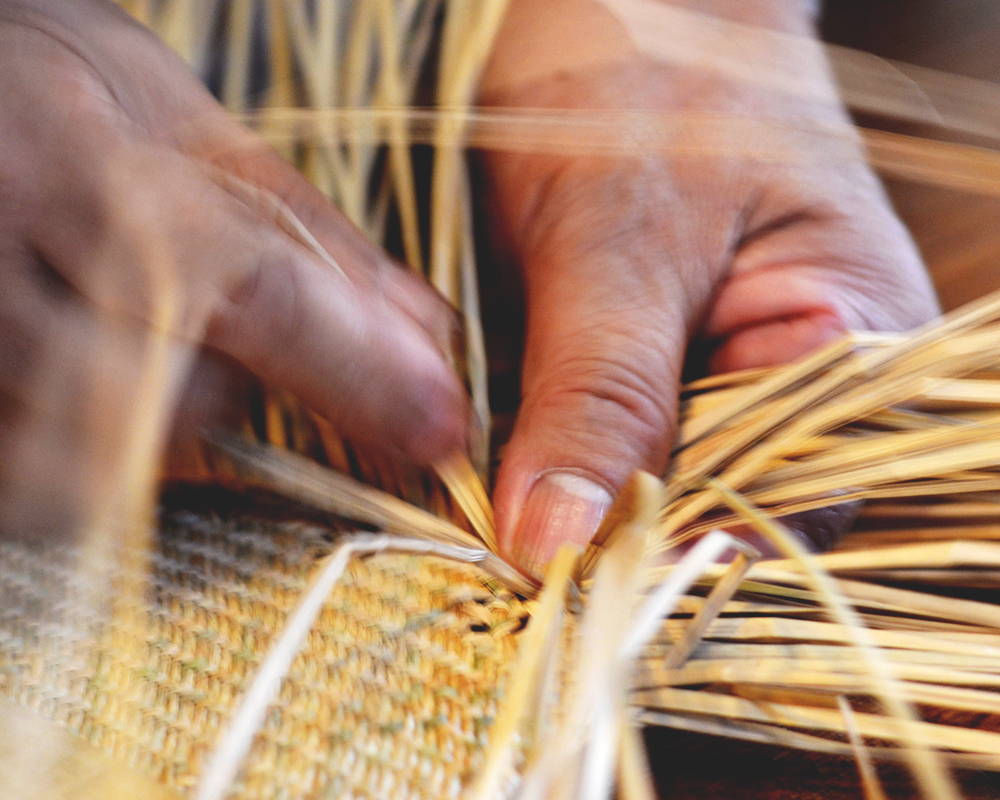SUSTAINABLE DESIGN
ALPACA
Alpaca is a renewable, natural protein fiber and thanks to its lightweight, breathability, softness, and durability, alpaca is a premium choice fabric for our garments.
Peruvians have worn knits made of this fiber for hundreds of years. Alpacas have become a vital part of Peruvian culture and help support the local economy. Around 80% of the world's alpaca population live in Peru and the industry surrounding them is an important local business that helps supports as many as 120,000 families.
Environmentally speaking, alpacas have a significantly lighter grazing habit, leaving root systems in tact and undamaged. Alpaca fiber is hypoallergenic and does not contain grease or lanolin, meaning no harsh chemicals or detergents are required to clean it.

Vegetable tanning is an organic way to treat leather and dates back to 6000 B.C. It is dyed using environmental tannins such as berries, bark and foliage.This results in colors that are rich in natural earthy tones such as browns, beiges, yellows, reds and greens. Vegetable-tanned leather also has a distinctively woody fragrance and patina.
This form of tanning is better for the environment and is higher in quality. The process involves several weeks of treatment which allows vegetable tanned leather to have a much longer life than chrome tanned leather. Based on the craftsmanship and careful use of traditional techniques developed over centuries, the vegetable tanning process results in leather with a distinct appearance and unmatched durability.
All our leather goods are certified by the prestigious Leather Working Group, setting the gold standard for environmental responsibility in leather production.
CORK
Cork is a sustainable natural fiber from the soft bark of trees native to southwest Europe and northwest Africa. Portugal's Iberian Peninsula produces about half of the world's cork. It's biodegradable, renewable, and recyclable.
Historically, cork has been used for over 5,000 years, including as wine stoppers since Roman times and for sandal footwear by the Ancient Greeks. Its prominence in celebratory traditions was cemented in the seventeenth century when Dom Pérignon used cork stoppers for champagne bottles.
Today, cork fabric, also known as cork leather, is being explored for fashion applications, including performance gear, bulletproof vests, and space suits. Cork is durable, a great insulator, and naturally stain-resistant and water-repellent, making it ideal for bags and small leather goods.


WATER HYACINTH
We're proud to be apart of a collaborative project to eradicate Thailand's waterways of the highly invasive water hyacinth, while providing jobs to artisans. Water hyacinth is one of the fastest growing plants. Through human activity, it has spread around the world, becoming a highly invasive species. A single hectare can contain more than 360 metric tons of plant biomass. Considered a noxious weed species in more than 50 countries, it populates rapidly and negatively affects the surrounding environment.
Water hyacinth is used for making textiles, paper, and for camouflaging fish traps. It ferments rapidly due to its high water content and can supply biomass for biogas production.
EUROFLAX ORGANIC LINEN
Not only is flax the oldest fiber known to be used by humans, but it is one of the most sustainable fibers you can use as well. Traditionally, every part of the earth friendly flax plant has been used to create worthwhile products - nothing is wasted and production is cost effective.
Flax is used to create our 100% Euroflax Linen shirts. We love linen for it is intrinsically hypoallergenic, anti-bacterial fabric with a soothing hand. It also has great thermo regulating properties, providing coolness in hot weather and warmth in cool weather.
SUSTAINABLE PRACTICES
In working with artisans to execute our designs, we are supporting centuries old practices passed down from generation to generation by families. Through these practices, we are helping to create job opportunities in remote and impoverished areas.
